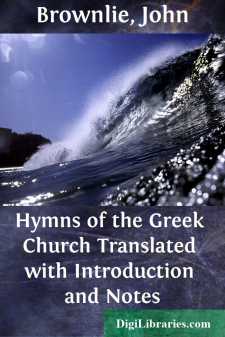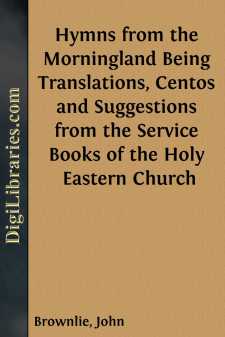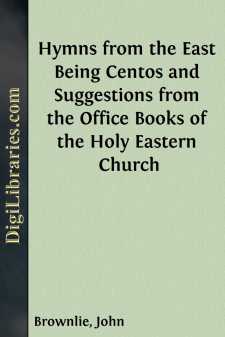Categories
- Antiques & Collectibles 13
- Architecture 36
- Art 48
- Bibles 22
- Biography & Autobiography 814
- Body, Mind & Spirit 145
- Business & Economics 28
- Children's Books 17
- Children's Fiction 14
- Computers 4
- Cooking 94
- Crafts & Hobbies 4
- Drama 346
- Education 58
- Family & Relationships 59
- Fiction 11834
- Foreign Language Study 3
- Games 19
- Gardening 17
- Health & Fitness 34
- History 1378
- House & Home 1
- Humor 147
- Juvenile Fiction 1873
- Juvenile Nonfiction 202
- Language Arts & Disciplines 89
- Law 16
- Literary Collections 686
- Literary Criticism 179
- Mathematics 13
- Medical 41
- Music 40
- Nature 179
- Non-Classifiable 1768
- Performing Arts 7
- Periodicals 1453
- Philosophy 66
- Photography 2
- Poetry 897
- Political Science 203
- Psychology 45
- Reference 154
- Religion 516
- Science 126
- Self-Help 85
- Social Science 82
- Sports & Recreation 34
- Study Aids 3
- Technology & Engineering 59
- Transportation 23
- Travel 463
- True Crime 29
Our website is made possible by displaying online advertisements to our visitors.
Please consider supporting us by disabling your ad blocker.
Hymns of the Greek Church Translated with Introduction and Notes
by: John Brownlie
Categories:
Description:
Excerpt
INTRODUCTION
I. Thirty-eight years ago, Dr. John Mason Neale published his Hymns of the Eastern Church, and for the first time English readers were introduced to the priceless gems of Greek hymnody. At the close of his preface he throws out a challenge which, as far as the present writer is aware, has not yet been taken up. He says: ‘And while fully sensible of their imperfections, I may yet, by way of excuse rather than of boast, say, almost in Bishop Hall’s words—
“I first adventure: follow me who list,
And be the second Eastern Melodist.”’
It would be presumptuous to believe that the translations which follow are in any particular a worthy answer to that challenge; but the translator can honestly say that they are a very earnest attempt to acquaint English readers still further with the valuable praise [12] literature which lies buried in the service-books of the Greek Church, and they constitute the first real attempt in that direction since Dr. Neale issued his collection in 1862.
II. The renderings contained in this volume are the product of many happy hours during the past five years. No method was adopted in the work. As the translator waded through the closely printed pages of the Greek offices, what appeared at first sight to be lines worthy of translation were taken up and examined, sometimes to be cast aside again because of some unremovable blemish, at other times to be moulded to the form which they now bear. Of the forty-seven pieces, thirty-five appear for the first time in English verse.
For the original, the translator has gone to the service-books, and for the most part has confined himself to the hymns which are to be found in the Triodion, containing the Lenten services; and in the Pentecostarion, in which are found the hymns for the services of Easter and Pentecost. A few specimens are also given from other offices, particularly that for Christmas.
[13]Renderings from the work of the earlier Greek hymn-writers are added at the end of this volume; but, unlike the hymns of the Church service-books, these hymns originally are in the classical measures, and illustrate the work of the best Christian poets, who in some cases wrote extensively.
III. It is a very remarkable fact, and certainly not to our credit, that, with the exception of a very few who have made the study a specialty, our educated men show a most unaccountable ignorance of the most attractive and valuable material for praise and prayer contained in the Greek Church service-books. We have learning more than enough, and zeal enough for the pursuit of study in other departments, but this unworked field lies fallow, and no one thinks it worth his while to cultivate it. That the study will reward the student, although not in a material sense—for the meaningless prejudice of the great mass of our people for what is local and against the thought of the stranger, no matter how beautiful it may be, is still to be reckoned with—yet in the highest sense as conferring upon him a [14] new delight, there can be no doubt; for, after the necessary expenditure of patient application, and the passing of the initiatory stages which in every department of study are somewhat trying, the attraction will begin, and the subject become positively fascinating....





